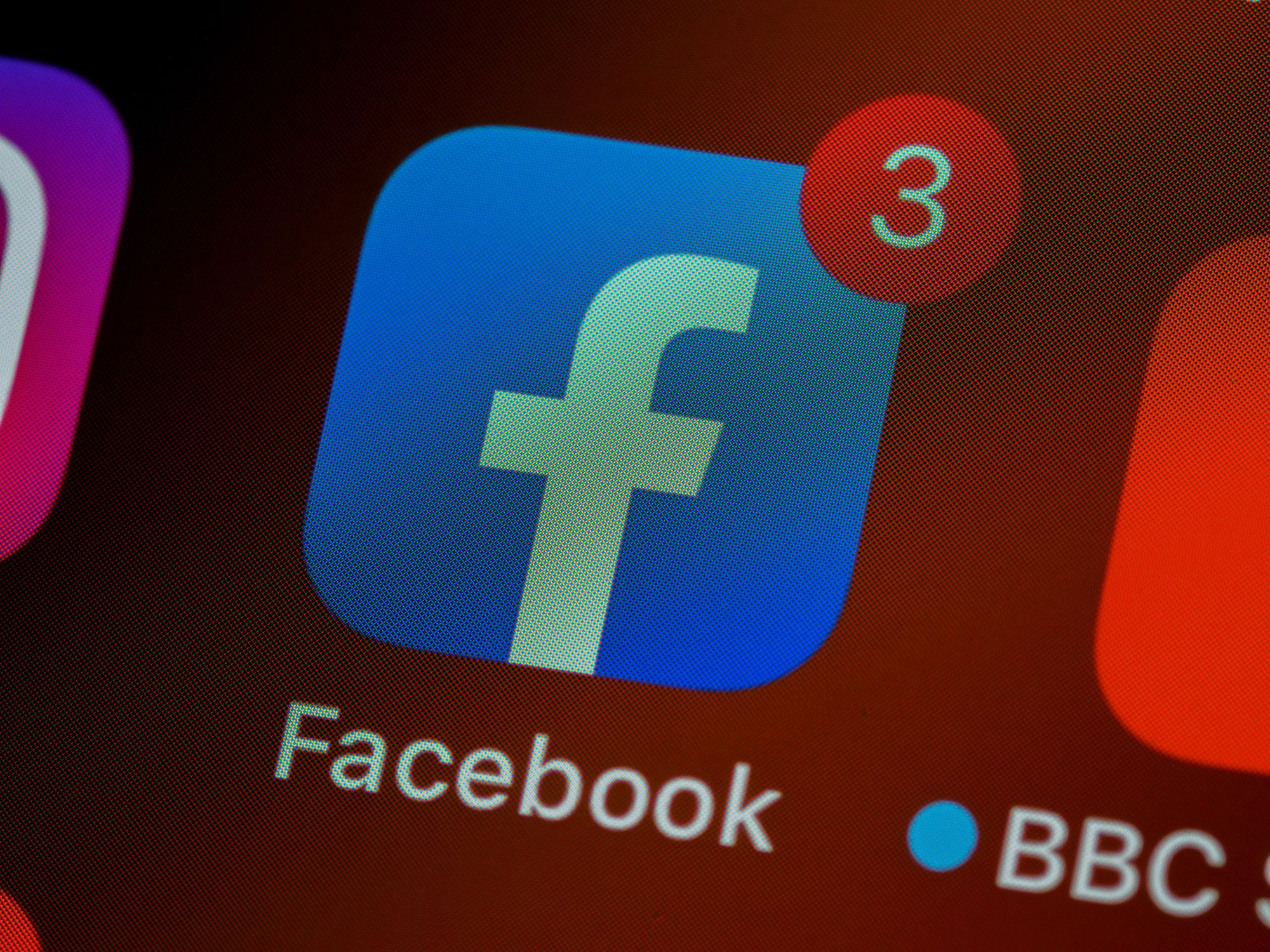Facebook Fails to Stop Spanish-Language Misinformation, Advocates Say
Francesca Billington is a freelance reporter. Prior to that, she was a general assignment reporter for dot.LA and has also reported for KCRW, the Santa Monica Daily Press and local publications in New Jersey. She graduated from Princeton in 2019 with a degree in anthropology.

Facebook is letting misinformation around COVID-19 vaccines and election fraud run rampant through posts in Spanish, a group of advocacy organizations and lawmakers said.
"Facebook continues to fail to effectively moderate Spanish-language misinformation and online hate targeting the Latino community," said Jessica Cobian, senior campaign manager on tech policy at the Center for American Progress.
The Center for American Progress along with Free Press and the National Hispanic Media Coalition are running the campaign "Ya Basta Facebook" or "Enough Already, Facebook" under a coalition they've named the Real Facebook Oversight Board.
In a press briefing Wednesday, the group referenced an April 2020 report from the advocacy group Avaaz that found Facebook flagged 70% of misleading or false posts surrounding COVID-19 but only 30% of similar posts in Spanish.
"It's really hard to track what's happening and how prolific the problem is," said Jessica J. González, co-CEO of Free Press. "There's a lack of transparency from Facebook about what's getting taken down."
In an email to dot.LA, Facebook spokesperson Kevin McAlister said the company is "taking aggressive steps to fight misinformation in Spanish and dozens of other languages."
"A key part of getting accurate information out is working with communities, which is why we're providing free ads to health organizations to promote reliable information about COVID-19 vaccines," he added.
But, Cobian pointed to a handful of posts she said Facebook has refused to take down even though they violate the company's own policies. One post in Spanish, from June of 2020, shows photos of armed men with a caption mistranslated in English to "Stop proud to defend your country."
Had the caption been correctly translated, the algorithm would have flagged it.
"The actual translation in Spanish should read, 'Stand proud to defend your country," said Cobian. "The correct translation shows that the post violates their policy against dangerous individuals and organizations."
In other cases, Cobian said, Facebook flagged posts about voter fraud with a "False information" tag instead of removing them from the platform.
Part of the problem is a lack of representation at Facebook, advocates argue.
"Facebook is headquartered in California, where Latinos are 40% of the population," said Brenda Victoria Castillo, president and CEO of the National Hispanic Media Coalition. "Yet Facebook has little to no Latino representation on their board and C-Suite positions."
She said the coalition came about after her group, based in Los Angeles, sent a letter to Facebook in September 2020 outlining their concerns. She didn't hear back. Two months later, the new group formed and sent a second letter.
Meanwhile during congressional hearings in November, Mark Zuckerberg was asked how he would prevent the spread of Spanish-language misinformation ahead of the Georgia runoff elections.
"This is something that we are already working on and worked on ahead of the general election," he replied. "We're certainly committed to focusing on this."
The group met with Zuckerberg in December and presented a PowerPoint of a dozen Facebook posts they found concerning. They still weren't satisfied with the company's response.
Among the group's demands is that Facebook hire a C-Suite position to oversee U.S. Spanish-language content moderation. Ya Basta Facebook is also calling on Facebook to "publicly explain the translation process of content moderation algorithms."
Congressman Tony Cárdenas, a Democrat who represents a heavily Latino portion of the San Fernando Valley, said he will ask Mark Zuckerberg about his plans for moderation during a House hearing next week with tech CEOs.
"This is not going to be the first time we have Mark Zuckerberg and others in front of the Energy and Commerce Committee," he said. "But every time we do have them there, it's unfortunate that they tend to give us rhetorical answers instead of giving some commitments."
On Monday, Facebook announced a new plan to help users learn more about the COVID-19 vaccines and where to get them.
The company is introducing labels containing "credible information" from the World Health Organization that will be tacked onto Facebook and Instagram posts that discuss the vaccine. The label is rolling out in six languages including English and Spanish.
- How Social Media Moderation Might Be Legislated - dot.LA ›
- Even as Social Sites Crack Down, Misinformation Spreads - dot.LA ›
- Biden Inauguration Social Posts Are Full of Misinformation - dot.LA ›
- Facebook Won't Take Down Misleading Political Ads - The New ... ›
- Report: TikTok Fails to Police Political Ads on Its Platform - dot.LA ›
- Tech Policy Storylines in 2022 - dot.LA ›
Francesca Billington is a freelance reporter. Prior to that, she was a general assignment reporter for dot.LA and has also reported for KCRW, the Santa Monica Daily Press and local publications in New Jersey. She graduated from Princeton in 2019 with a degree in anthropology.





 Image Source: Skyryse
Image Source: Skyryse